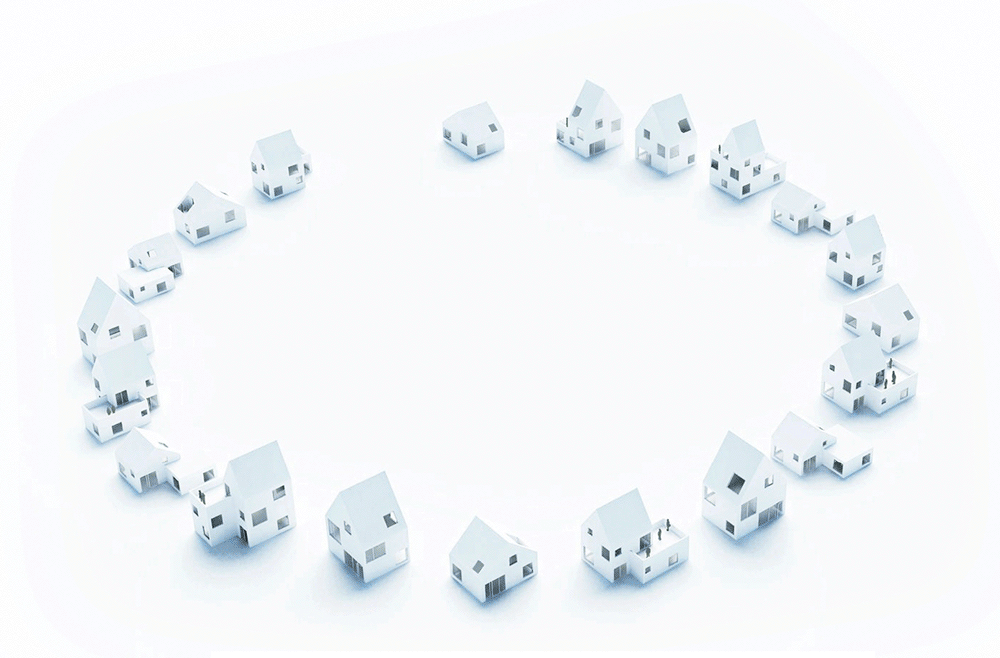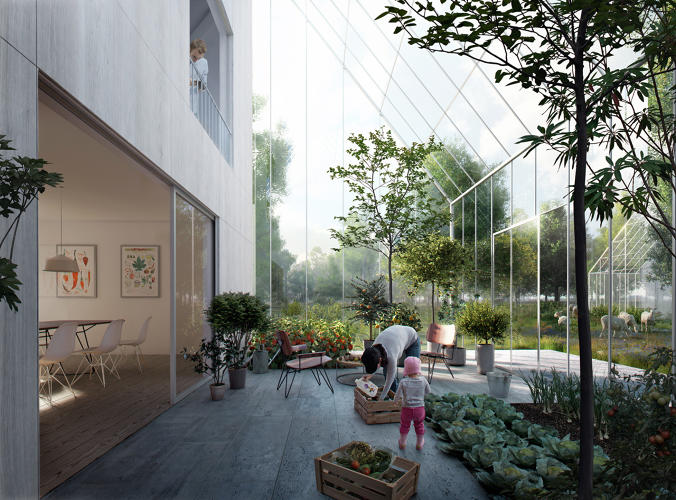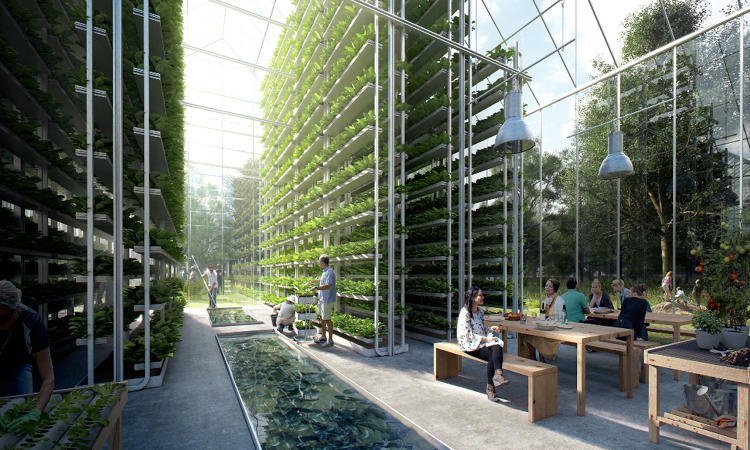Sustainable neighborhood collects its own water, electricity and food, reusing almost all waste
ReGen Villages, partnered with Danish architecture firm, Effekt, has designed a small village or city area that is able to meet sustainable needs; food, electricity and waste removal.
"We're really looking at a global scale," says ReGen CEO James Ehrlich, referring to it as the "Tesla of eco-villages." It is truly the model for a closed-loop, fully sustainable and replicatable system.

"We are redefining residential real-estate development by creating these regenerative neighborhoods, looking at first these greenfield pieces of farmland where we can produce more organic food, more clean water, more clean energy, and mitigate more waste than if we just left that land to grow organic food or do permaculture there," he says.

The cities come complete with high-tech, vertical farms, as well as other indoor vegetable gardens and outdoor seasonal gardens.

The waste produced by citizens will feed livestock and soldier flies (which will feed fish). Fish waste will fertilize an aquaculture system that feeds the indoor garden plants and livestock waste will fertilize the outdoor ones.
"We anticipate literally tons of abundant organic food every year—from vegetables, fruit, nuts, legumes, fish, eggs, chicken, small animal dairy and protein—that can continually grow and yield in the vertical garden systems all year long," recalls Ehrlich.
Truly, by using state-of-the-art farming technology, they are able to produce well over 10x the amount of crops using the same space, year-round, with 90% less water.
This eco-friendly, energy sufficient city is the first of many that ReGen plans to build around the world.